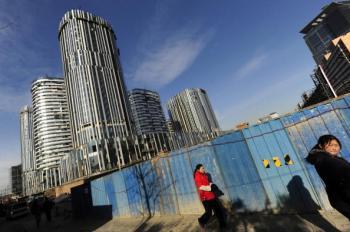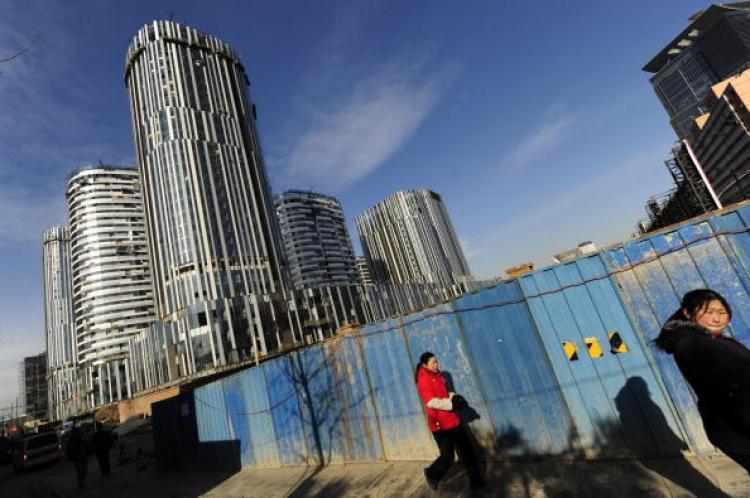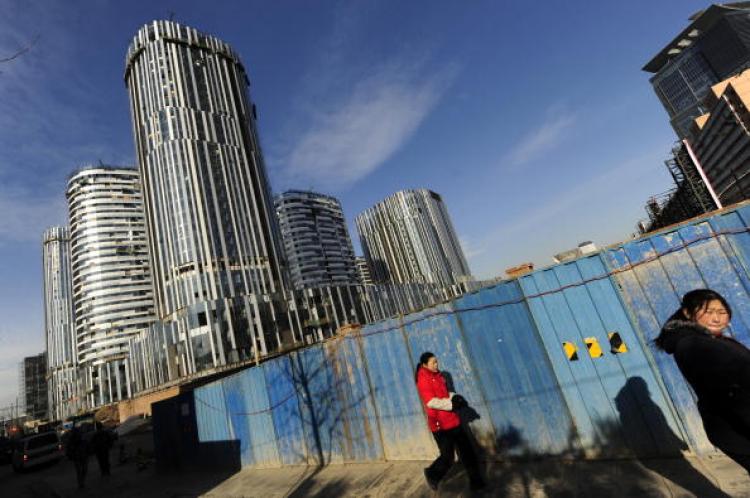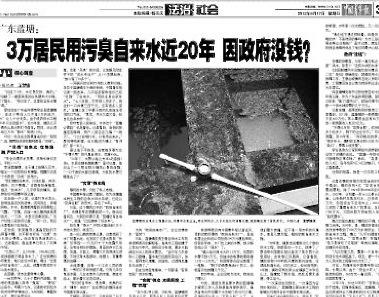China’s Unbalanced Property Market Spawns ‘House Sitters’ for Hire
In today’s “why aren’t you rich” Chinese economy, a new niche needs filling: vacant house-sitter.

Despite the high vacancy rate, housing prices in Beijing have gone up 200 to 300 percent in the past year. The photo shows a construction site in Beijing on Dec. 16, 2009. Getty Images
|Updated:





